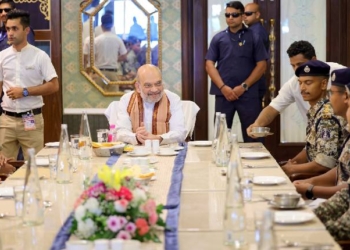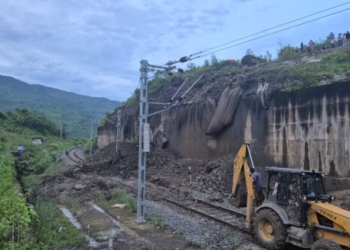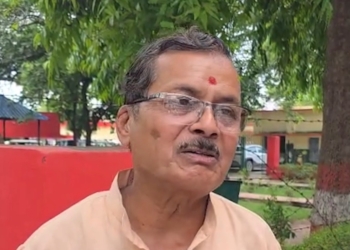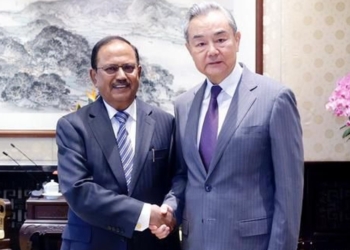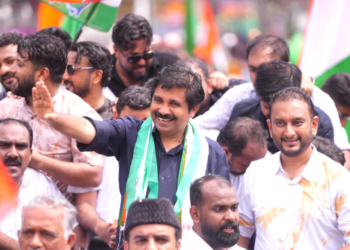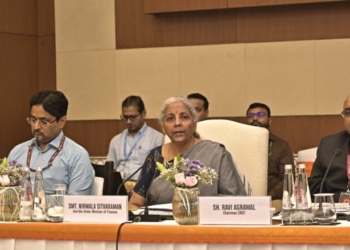New Delhi: Delhi Police on Tuesday moved the High Court against the Saket court’s order dated February 4, discharging former JNU student and activist Sharjeel Imam, co-accused Asif Iqbal Tanha and nine others in a case related to the incidents of violence at Jamia Millia Islamia in December 2019.
The police are likely to seek an urgent hearing from the HC on February 8.
While discharging, Additional Sessions Judge of Saket Court Complex, Arul Verma had said that the police were unable to apprehend the actual perpetrators behind the commission of the offence, but surely managed to rope in the above-mentioned accused as ‘scapegoats’.
The violence had erupted after a clash between the police and people protesting against the Citizenship Amendment Act (CAA) in December 2019.
Judge Verma had said that the protesters were surely there in large numbers and it cannot be denied that some anti-social elements within the crowd created an environment of disruption.
However, the moot question remains as to whether the accused persons herein were even prima facie complicit in taking part in that mayhem, Verma had asked.
“The answer is an unequivocal ‘no’. Marshalling the facts as brought forth from a perusal of the charge sheet and three supplementary charge sheets, this court cannot but arrive at the conclusion that the police were unable to apprehend the actual perpetrators behind the commission of the offence, but surely managed to rope in the persons herein as scapegoats,” he had said.
A second supplementary charge sheet was filed before the court against 11 other accused persons, namely Sharjeel Imam, Asif Iqbal Tanha, Mohammad Qasim, Mahmood Anwar, Shahzar Raza Khan, Mohd Abuzar, Mohd Shoaib, Umair Ahmad, Bilal Nadeem, Chanda Yadav and Safoora Zargar, who have been discharged in the matter.
“To allow the persons charge-sheeted to undergo the rigmarole of a long-drawn trial does not augur well for the criminal justice system of our country,” Verma had said.
He had added that such police action is “detrimental to the liberty” of the citizens who choose to exercise their fundamental right to peacefully assemble and protest.
The court had said that before embarking on galvanising the judicial system against the 11 accused persons, the investigative agencies should have incorporated the use of technology, or have gathered credible intelligence.
However, Imam, who is also an accused under the Unlawful Activities (Prevention) Act in the conspiracy case related to the 2020 North-East Delhi riots, will remain in custody.
(IANS)



